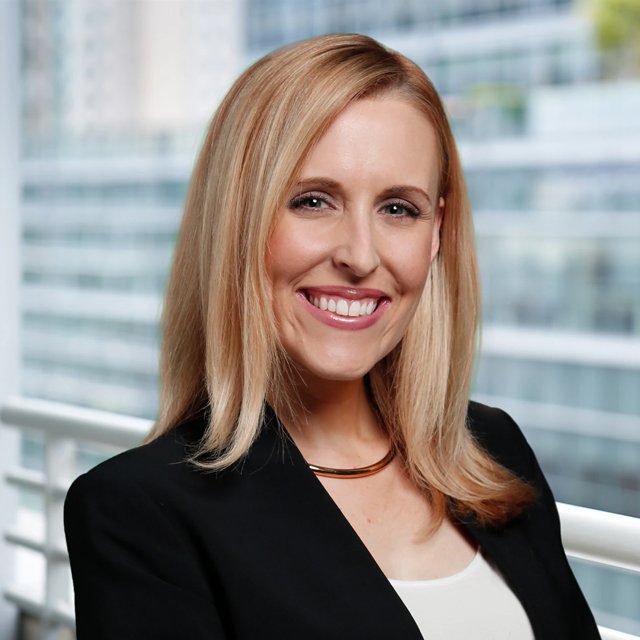How to Wow and Hire Young Talent: LUMINARIES Podcast

The RIA space is one of the most dynamic, fastest growing areas of financial services — and this means it needs to recruit a lot more talent as quickly as it can.
“[During] the next five years, we need to attract 70,000 new people to join RIA firms — advisors, client associates, and operational and technology staff,” Lisa Salvi, managing director of business consulting and education at Schwab Advisor Services, tells ThinkAdvisor in a podcast interview.
Among ThinkAdvisor’s 2022 LUMINARIES industry recognition awards, Charles Schwab Advisor Services was a finalist in the category of community impact.
“That’s a pretty conservative number, which doesn’t include attrition, retirements or new firms,” says Salvi, who develops and manages programs and consulting sessions to help independent advisors improve their firms. She also leads Schwab’s annual “RIA Benchmarking Study” and the firm’s compensation study.
The firm’s 2022 Benchmarking Study, released in July 2022 and covering data for 2021 from 1,218 firms, shows that for the first time in the survey’s 16-year history, respondents’ top priority was talent recruitment. Previously, growth has held the top spot, she says.
Schwab is indeed making a big push to create more awareness of the RIA industry and “enlarge the pipeline” of advisors, Salvi notes. A major priority for the firm is to attract “more high-quality diverse talent” to the industry, including “gender and generational diversity,” she says.
The executive urges RIAS to “get out there and tell your story about your firm. That really resonates.”
For example, chatting over lunch with groups of university students, “is how you’re going to attract more high-quality talent into … the RIA profession. There’s plenty of opportunity,” she says.
Plus, Charles Schwab Foundation has established financial planning programs in partnership with universities and colleges. “We’re trying to influence the curriculum within [schools] so they’re talking about RIA firms in addition to wirehouses [and other channels],” Salvi says.
Students want to know whether a firm will provide a career path and the possibility of becoming “an owner … some day,” according to Salvi. Young adults today study a company’s website to determine, for instance, if “they’re welcoming to women and have a career page. Then they [look at] the [firm’s] value proposition,” she says.
As for employee retention, “people want to connect to the values of the firm they work for,” Salvi explains. “Very importantly, they want to feel like they’re working [at a company] where they’re growing their capabilities and talent.”
What they really want is a “well-thought-out career path that helps [them] advance to more senior levels — whether working directly with clients or on the operational or client service sides,” she adds.
An increasing number of firms now have such programs in place, says Salvi, who joined Schwab in 2007 and is based in Novato, California. One initiative she is eager to see more of among RIAs are mentorship programs.
“It’s such a powerful way to create shared understanding [of cultures] among generations, different genders and [diverse] groups of people. This increases their willingness to stay at a firm,” she says.
To hear more insights from this RIA expert, listen to the complete podcast interview.




